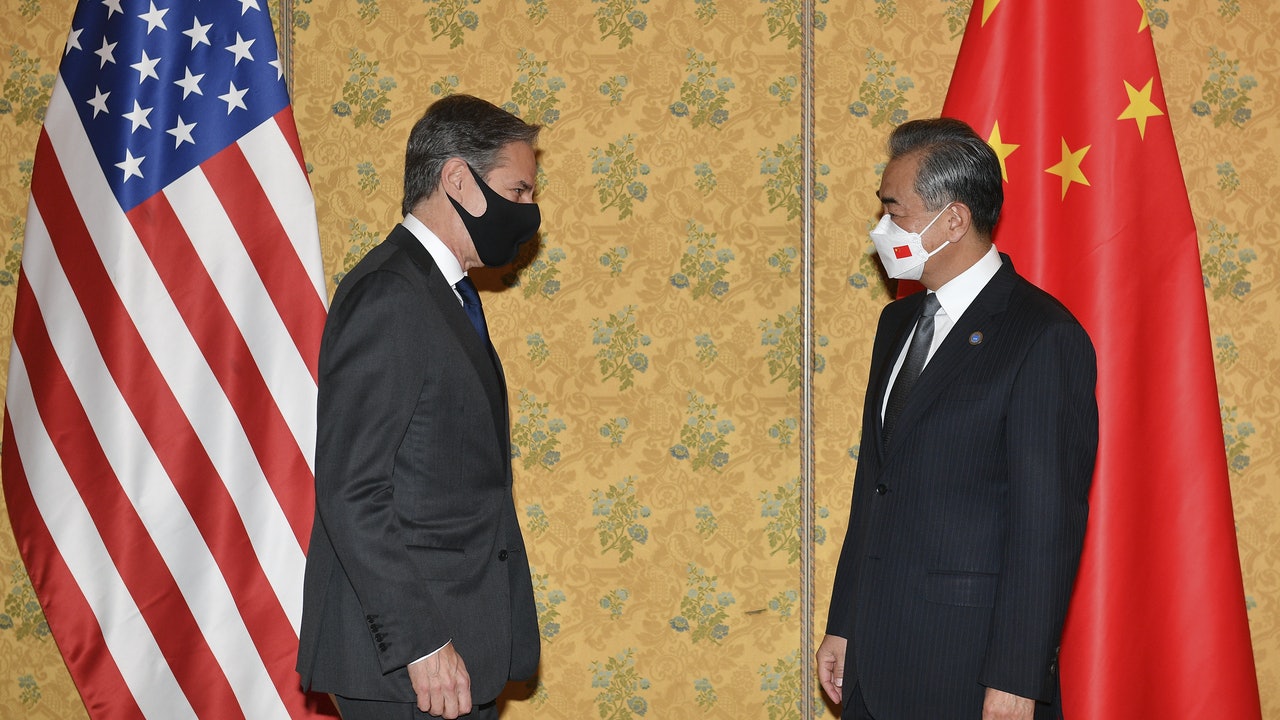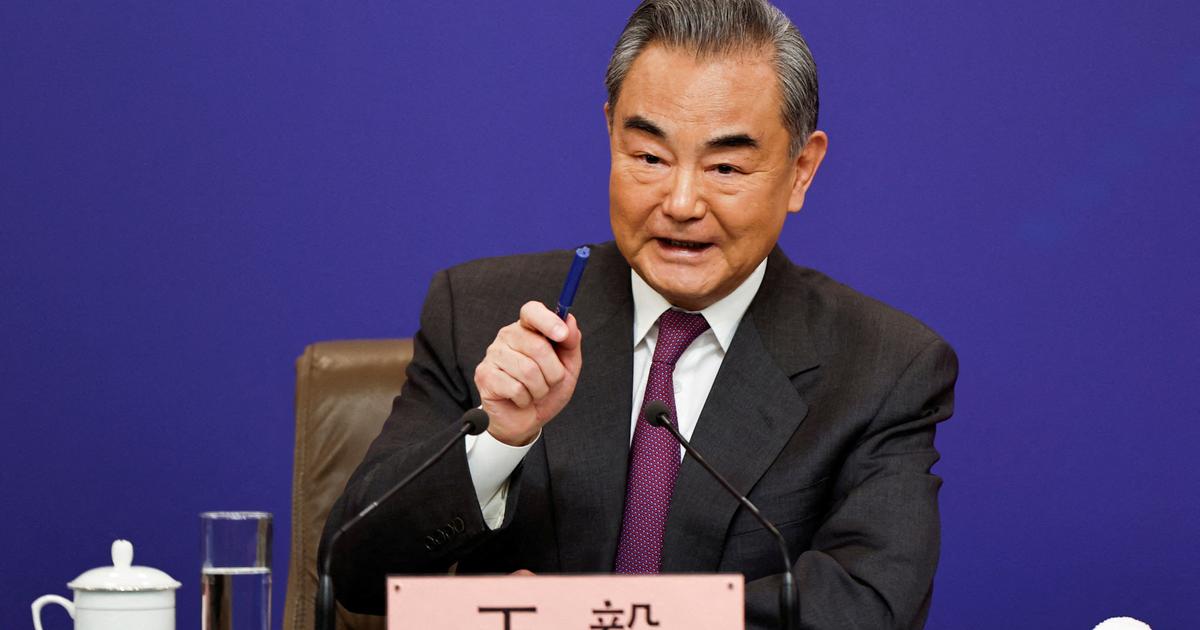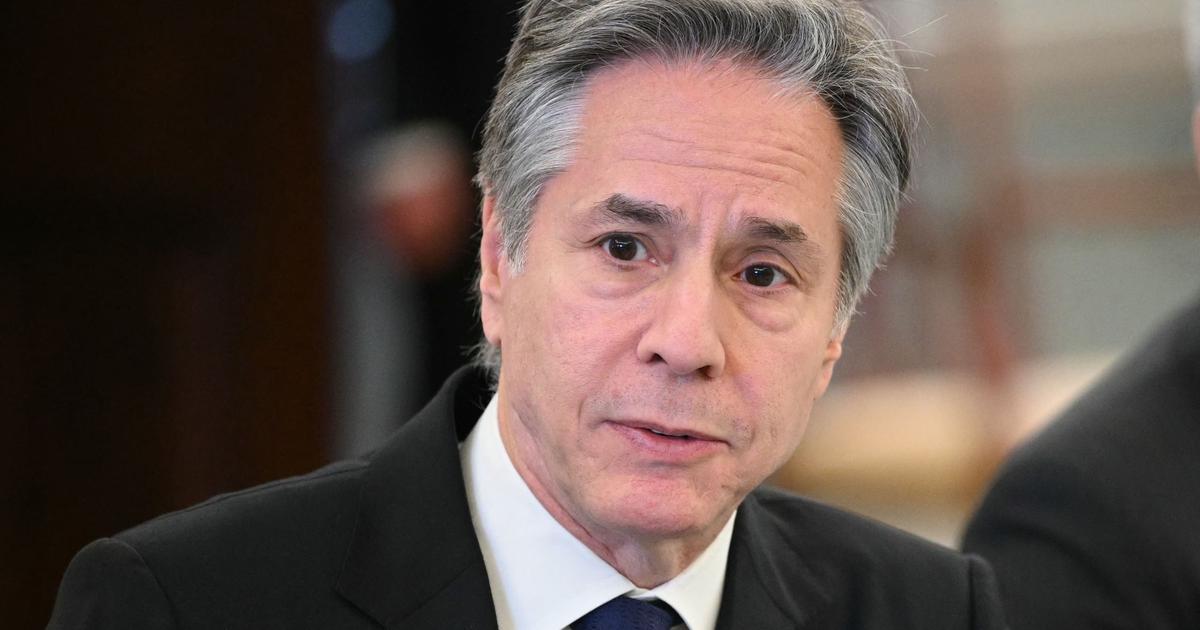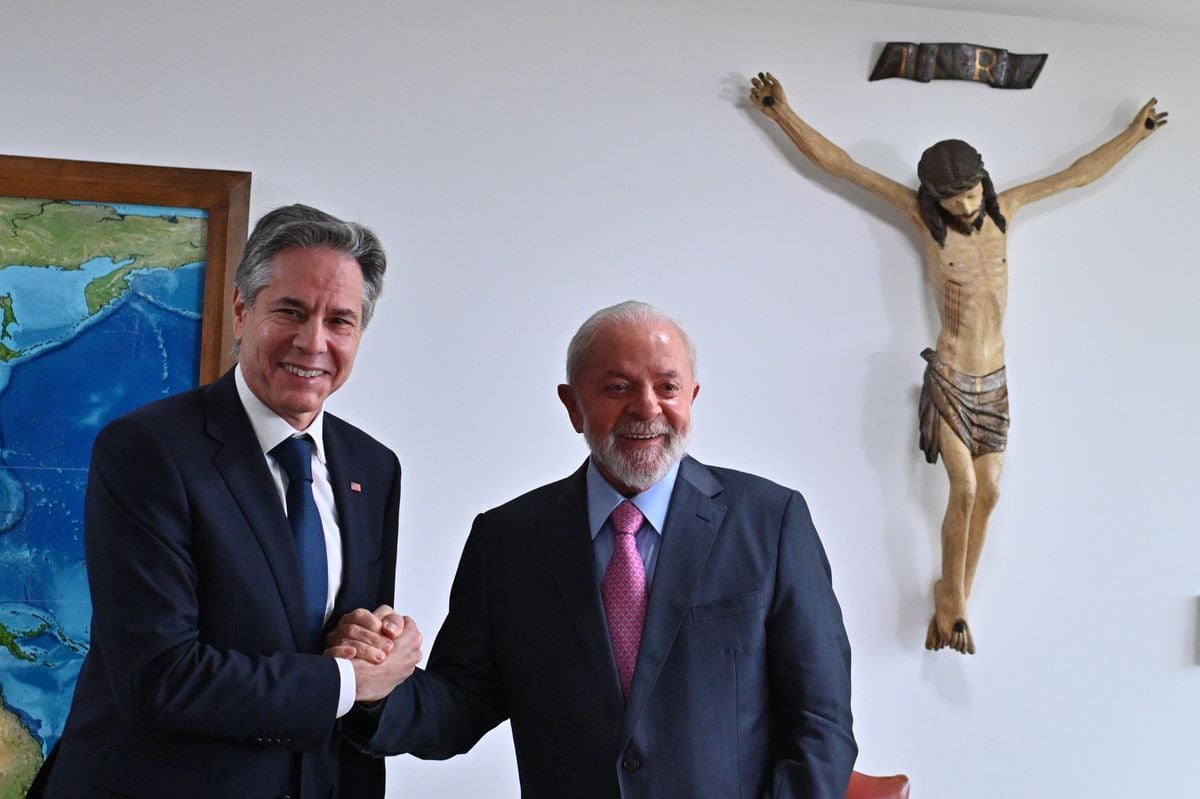The G20 Foreign Ministers' Meeting will be held in Bali, Indonesia from July 7 to 8. Chinese Foreign Minister Wang Yi will meet with US Secretary of State Antony Blinken.
It was the first face-to-face meeting between the two since their meeting in Rome last October.
Recently, senior officials from China and the United States in various fields communicate frequently.
On July 5, Liu Hecai, member of the Political Bureau of the CPC Central Committee, Vice Premier of the State Council, and the Chinese leader of the China-US Comprehensive Economic Dialogue, held a video call with US Treasury Secretary Janet L. Yellen.
On June 13, Yang Jiechi, member of the Political Bureau of the CPC Central Committee and director of the Foreign Affairs Office of the CPC Central Committee, held a face-to-face meeting with Jake Sullivan, the US national security adviser, in Luxembourg.
Chinese State Councilor and Defense Minister Wei Fenghe and U.S. Defense Secretary Lloyd Austin also met on the sidelines of the Shangri-La Dialogue in Singapore on June 10.
The Chinese and US officials released the itinerary of the meeting between Wang Yi and Blinken at almost the same time.
Assistant Secretary of State for East Asian and Pacific Affairs Daniel Kritenbrink said Blinken's top priority during his meeting with Wang was to emphasize the United States' commitment to "intensive diplomacy" with Beijing and "responsible management of the relationship between the two countries." fierce competition", the United States wants to do everything possible to "prevent" any miscalculation that could inadvertently lead to conflict and confrontation.
Therefore, whether the meeting between Wang Yi and Blinken can promote a benign consensus in China-US relations is highly anticipated.
U.S. Secretary of State Blinken speaks at George Washington University on May 26, 2022.
In his speech, he outlined the Biden administration's China policy.
The event is hosted by the Asia Society.
(AP)
The idea of the United States building a guardrail to prevent conflicts is in line with the United States' China policy of "competition-cooperation-confrontation".
After Blinken delivered a speech on China policy in May, the Chinese Ministry of Foreign Affairs issued a 40,000-word text to retaliate. The first meeting between Chinese and American foreign ministers after Blinken's speech, Wang Yi's criticism and denial of Blinken was indispensable.
At the press conference of the Chinese Ministry of Foreign Affairs on July 6, spokesman Zhao Lijian publicly criticized Blinken's remarks at the NATO public forum for disregarding facts, confounding right and wrong, and full of Cold War mentality and ideological prejudice.
Such public criticism is clearly not intended to create a favorable atmosphere for the meeting between Wang Yi and Blinken.
In particular, the just-concluded NATO summit included China as a "systemic challenge" in the communiqué for the first time.
Wang Yi and Blinken are doomed to part ways on this topic.
In the long run, it is unlikely that there will be a fundamental improvement in Sino-US relations for a long time.
After the Trump administration completed its strategic mobilization toward China, the Joe Biden administration made a comprehensive strategic layout based on bipartisan consensus.
The lack of speculation and frequent quarrels among officials such as Wang Yi and Blinken is the result of the overall environment where Sino-US tensions continue to rise.
On June 10, Chinese State Councilor and Defense Minister Wei Fenghe, who attended the 19th Shangri-La Dialogue in Singapore, held talks with US Secretary of Defense Austin, who was also attending the conference.
(Chinese Ministry of Defense)
In the medium term, it has been nearly two years since the Biden administration took office. In the past two years, the new administration has carried out a new diplomatic layout, the Indo-Pacific economic framework, and NATO's listing of China as a systemic challenge, all of which are new expressions of the US government's intentions.
The mutual understanding and testing of Sino-US relations at the beginning have been completed.
At this stage, it has entered the stage of negotiation and negotiation.
The close communication between high-level officials of China and the United States, no matter whether it is fruitful or not, is of positive significance, indicating that both China and the United States recognize the importance of bilateral relations and are also trying to influence each other's decision-making.
In the short term, China and the United States hope to have new consensus on issues such as tariffs and the Taiwan Strait.
Based on the need to control inflation, the Biden administration does not rule out withdrawing tariffs on China, but as a bargaining chip against China, the United States does not want to gain nothing when withdrawing tariffs.
Whether the tariff war under the trade war can be stopped depends on Biden's strategy in the November mid-term elections. Tariffs and other tough cards against China are a bargaining chip to win public opinion, and on the other hand, it also depends on the negotiations between China and the United States.
Whether China is willing to throw some chips to give the United States face in exchange for the end of the trade war is worth watching.
If the trade war can be stopped under Biden, it will have important foreign political declaration significance for China.
In addition, the Taiwan issue concerns the political foundation of Sino-US relations, and if it is not handled properly, it will have a subversive impact.
Against the background of the US’s step-by-step blurring of the one-China policy, China and the US urgently need a basis for stabilizing bilateral relations.
China has recently made it clear that the Taiwan Strait is not an international waters, whether this means the inland sea of the Taiwan Strait, how to deal with the encounter between the Chinese and American militaries in the Taiwan Strait, and how to manage and control a crisis requires new regulations.
G20 foreign ministers gathered in Bali today to have a disagreement on Russia Attend















